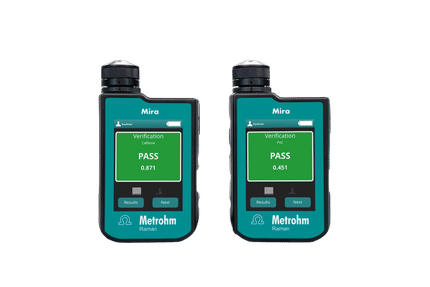To use all functions of this page, please activate cookies in your browser.
my.chemeurope.com
With an accout for my.chemeurope.com you can always see everything at a glance – and you can configure your own website and individual newsletter.
- My watch list
- My saved searches
- My saved topics
- My newsletter
John Howard Northrop
John Howard Northrop (July 5 1891 – May 27 1987) was an American biochemist who won the Nobel Prize in Chemistry in 1946 (with James Batcheller Sumner and Wendell Meredith Stanley) for purifying and crystallizing certain enzymes. Product highlightEarly LifeNorthrop was born in Yonkers, New York. His father, a trained zoologist, died in a lab explosion two weeks before John was born. He was educated at Columbia University, where he earned his PhD in chemistry in 1915. During World War I, he conducted research for the U.S. Army Chemical Warfare Service on the production of acetone and ethanol through fermentation. This work led to studying enzymes. WorkIn 1929, he isolated and crystallized the gastric enzyme pepsin and determined that it was a protein and in 1938 he isolated and crystallized the first bacteriophage (a small virus that attacks bacteria), and determined that it was a nucleoprotein. Northrop also isolated and crystallized pepsinogen (the precursor to pepsin), trypsin, chymotrypsin, and carboxypeptidase. His 1939 book, Crystalline Enzymes, was an important text. Northrop was employed by the Rockefeller Institute for Medical Research in New York City from 1916 to 1961, at which time he retired. Northrop died in Wickenburg, Arizona. His daughter Alice married Frederick C. Robbins, who was awarded Nobel Prize in Physiology or Medicine in 1954. Later LifeJohn Howard Northrop committed suicide May 27 1987.
Categories: American chemists | Nobel laureates in Chemistry |
|||||||||||||||
| This article is licensed under the GNU Free Documentation License. It uses material from the Wikipedia article "John_Howard_Northrop". A list of authors is available in Wikipedia. | |||||||||||||||







